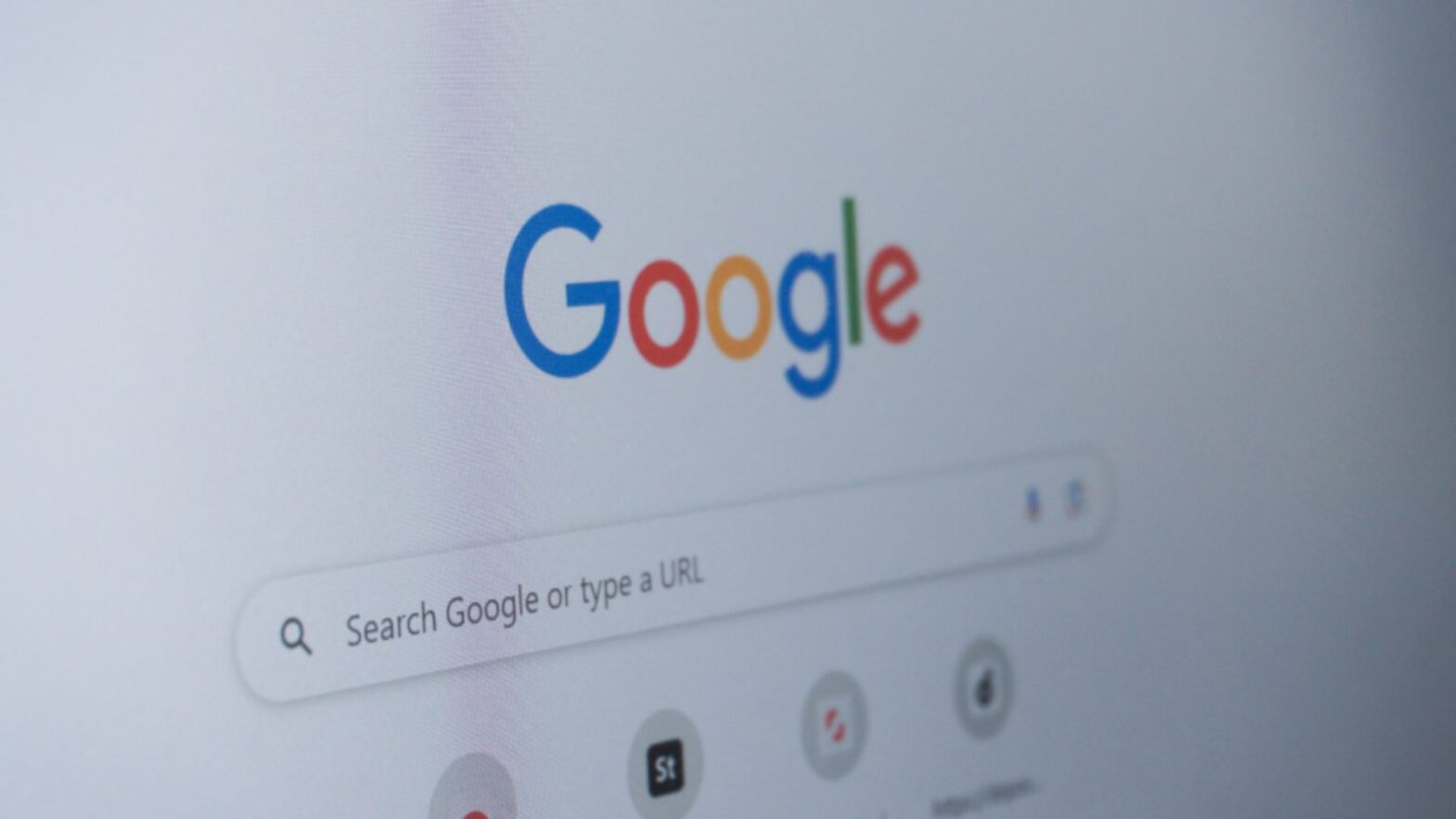In a landmark ruling that could reshape the digital advertising landscape, a federal court has determined that Google violated U.S. antitrust laws by maintaining illegal monopolies in key areas of digital advertising technology. The decision, issued on April 17, 2025, by Judge Leonie M. Brinkema of the U.S. District Court for the Eastern District of Virginia, found that Google tied its publisher ad server and ad exchange together through contractual policies for over a decade, enabling the company to create and protect a monopoly in those markets.
This case, filed in 2023 by the U.S. Department of Justice and 17 state attorneys general, including Virginia, marks a significant victory for regulators in their ongoing efforts to curb the power of tech giants. The court’s 115-page ruling concluded that Google acquired monopoly power in digital advertising markets in violation of the Sherman Act, effectively undermining competition and innovation in the ad tech ecosystem.
Virginia Attorney General Jason Miyares hailed the decision as “a resounding victory for free markets, free competition, and the rule of law,” emphasizing that “no company — no matter how big or powerful — is above the law.” This statement underscores the broader implications of the ruling for the tech industry and the ongoing debate about the concentration of power among a handful of dominant players.
However, the ruling wasn’t entirely against Google. The court found that Google’s advertiser tools and acquisitions, including the purchase of companies like DoubleClick and AdMeld, were not anticompetitive. This mixed outcome has led Google to announce its intention to appeal the portion of the ruling concerning its publisher tools.
Lee-Anne Mulholland, Google’s vice president for regulatory affairs, stated, “We won half of this case and we will appeal the other half. The Court found that our advertiser tools and our acquisitions, such as DoubleClick, don’t harm competition. We disagree with the Court’s decision regarding our publisher tools.”
This case represents the second major antitrust defeat for Google within a year. Eight months prior, another federal court had held that Google’s search engine maintained a monopoly in the internet search area. These consecutive rulings highlight the increasing scrutiny faced by tech giants and the potential for significant changes in how they operate.
The advertising technology case specifically focused on Google’s dominance in the digital advertising ecosystem that publishers and advertisers rely on to buy and sell online ad space. The core of the complaint was that Google’s business practices allowed it to charge higher prices and take a larger portion of each ad sale, harming both publishers and advertisers while limiting competition in the digital advertising marketplace.
What does this mean for the future of digital advertising?
The ruling could potentially lead to more competition and innovation in the digital advertising industry. If the remedies imposed on Google effectively open up the market, publishers and advertisers might benefit from more options and potentially lower fees. However, the specific penalties and remedies have not yet been determined. The district court will schedule further hearings on potential remedies in the coming months, according to the Virginia Attorney General’s office.
These remedies could be substantial and might reshape how Google operates in the digital advertising ecosystem. They could potentially include structural changes to Google’s advertising technology business, forced divestiture of certain ad tech components, or requirements to change specific business practices that were found to be anticompetitive.
Broader implications for the tech industry
This ruling could set a significant precedent for how antitrust laws are applied to dominant technology companies in specialized markets like digital advertising. Other major tech platforms with substantial advertising businesses, such as Meta and Amazon, may face increased scrutiny of their own ad technologies and business practices in light of this decision against Google.
The case represents part of a broader global trend of increased regulatory action against major technology companies. This suggests that tech firms may need to reconsider business models that rely on tight integration of multiple services if such integration could be viewed as anticompetitive tying.
As the legal process continues, with Google’s appeal and upcoming remedies hearings, the tech industry and regulators alike will be watching closely. The outcome of this case could have far-reaching effects on how digital advertising markets operate and how antitrust laws are applied in the rapidly evolving tech sector.
In conclusion, while Google has claimed a partial victory in this ruling, the decision represents a significant challenge to its dominance in the digital advertising space. As the appeals process unfolds and potential remedies are discussed, the tech industry faces a period of uncertainty and potential restructuring. This case serves as a reminder that even the most powerful companies are subject to antitrust scrutiny, and the balance between innovation and competition remains a critical issue in the digital age.


















